|
Much of the concern about the coronavirus stems from the fact that there is currently no vaccine. This could be a big factor in whether or not the outbreak worsens. The good news is that researchers at several labs across the world are on the case and trying to create an effective vaccine for the coronavirus. The bad news is that it could be months before one is available as Aubree Gordon and Florian Krammer explain.
The Grand Ethiopian Renaissance Dam is a massive project on one of the Nile’s main tributaries, the Blue Nile in Ethiopia. It’s caused major tensions between states served by water from the Nile basin, especially Ethiopia, Egypt and Sudan. But, after rigorous discussions, plans are finally in place that lay the framework for an agreement. Mahemud Tekuya discusses what this should look like.
|
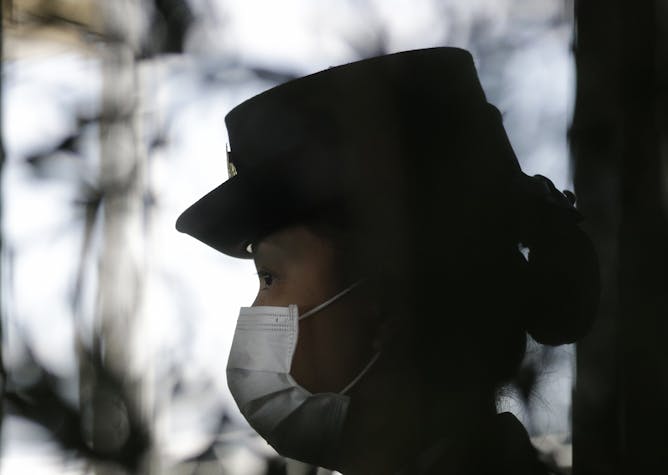
A security guard wears a mask as she keeps watch at arriving passengers at Manila’s international airport in the Philippines on Jan. 23, 2020, as part of efforts to contain the coronavirus.
Aaron Favila/AP Photo
Aubree Gordon, University of Michigan; Florian Krammer, Icahn School of Medicine at Mount Sinai
One of the dangers of the new coronavirus is that there is no treatment – and no vaccine. But researchers had already been at work on vaccines for close-related viruses.
|
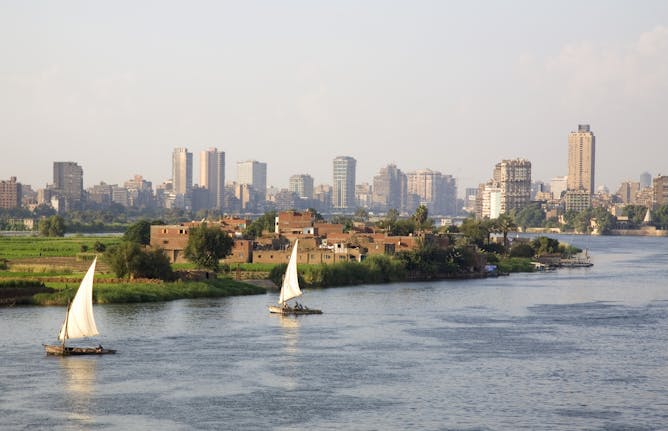
The Nile river in Cairo.
Grant Faint/Getty Images
Mahemud Tekuya, University of the Pacific
Instead of allocating the Nile waters based on a fixed, perpetual water supply Ethiopia, Sudan, and Egypt must consider changes in weather patterns, among other factors.
|
Health + Medicine
|
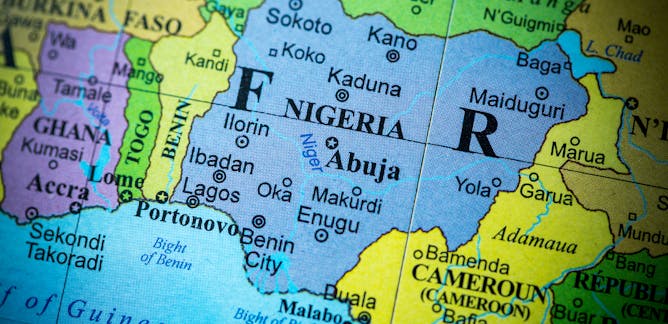
Chikwe Ihekweazu, UCL
The Nigeria Centre for Disease Control says it will use lessons from the Ebola outbreak to strengthen its risk communications capacity.
| |
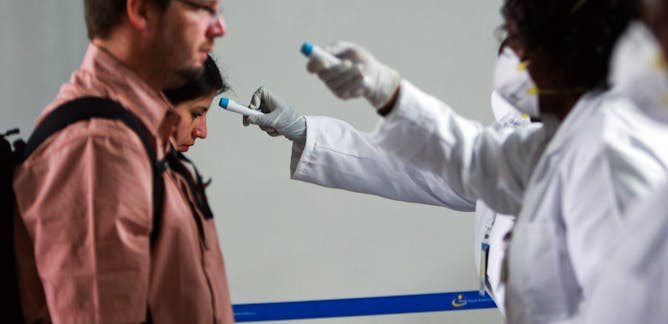
Abdhalah Ziraba, African Population and Health Research Center; Peter Kojo Quashie, University of Ghana
Airport public health officials have got better at screening at ports of entry especially for international arrivals.
|
|
|
Politics + Society
|

Veysi Dag, SOAS, University of London
Different ideologies and agendas among Kurdish political groups means they don't push a single narrative about the Kurdish homeland. Diaspora groups are trying to change that.
| |
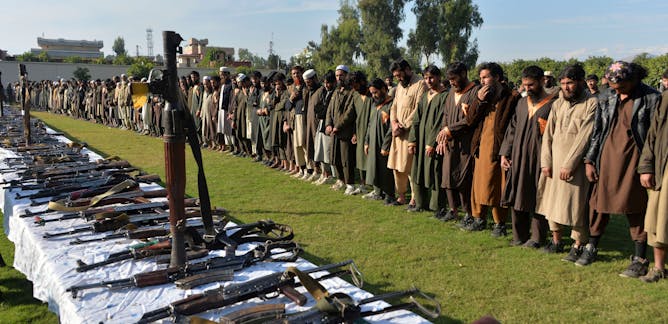
Brian Glyn Williams, University of Massachusetts Dartmouth
The Islamic State group, often called ISIS, is not just based in Iraq and Syria. A scholar tracks where the group and its affiliates have spread around the globe.
|
|
|
Environment + Energy
|
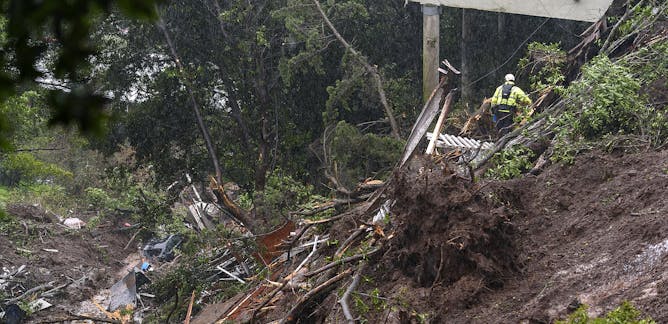
Tom Corringham, University of California San Diego
Earth's biggest rivers are streams of warm water vapor in the atmosphere that can cause huge rain and snowfall over land. Climate change is making them longer, wetter and stronger.
| |
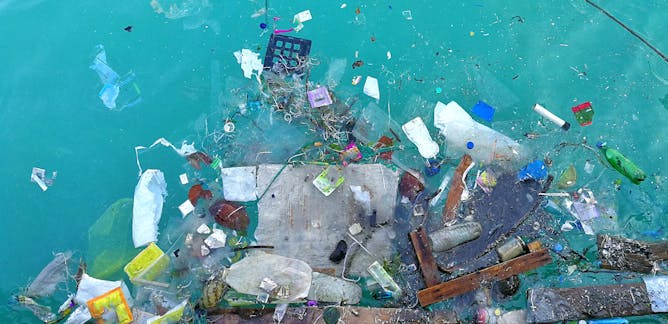
Kennedy Bucci, University of Toronto; Chelsea Rochman, University of Toronto
Many studies find microplastics have important negative effects on animals, but others don't.
|
|
|
Science + Technology
|
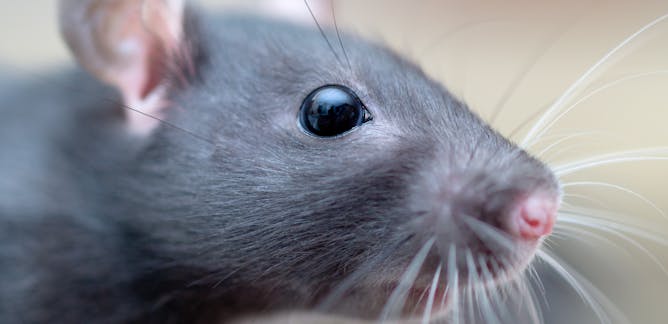
Robyn Grant, Manchester Metropolitan University
The Euler spiral has helped engineers for over 100 years – now we're using it to understand biology.
| |
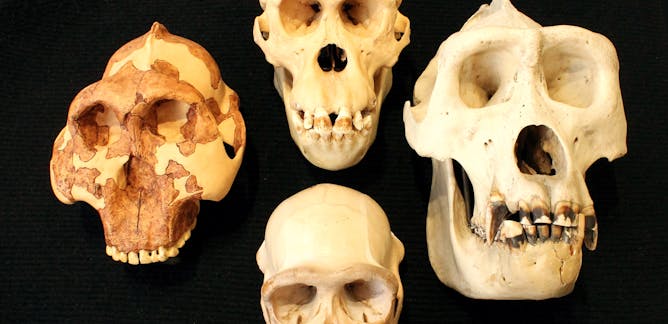
Roger S. Seymour, University of Adelaide
To understand how much thinking a brain can do, look at how much blood - and therefore how much energy - it uses.
|
|
|